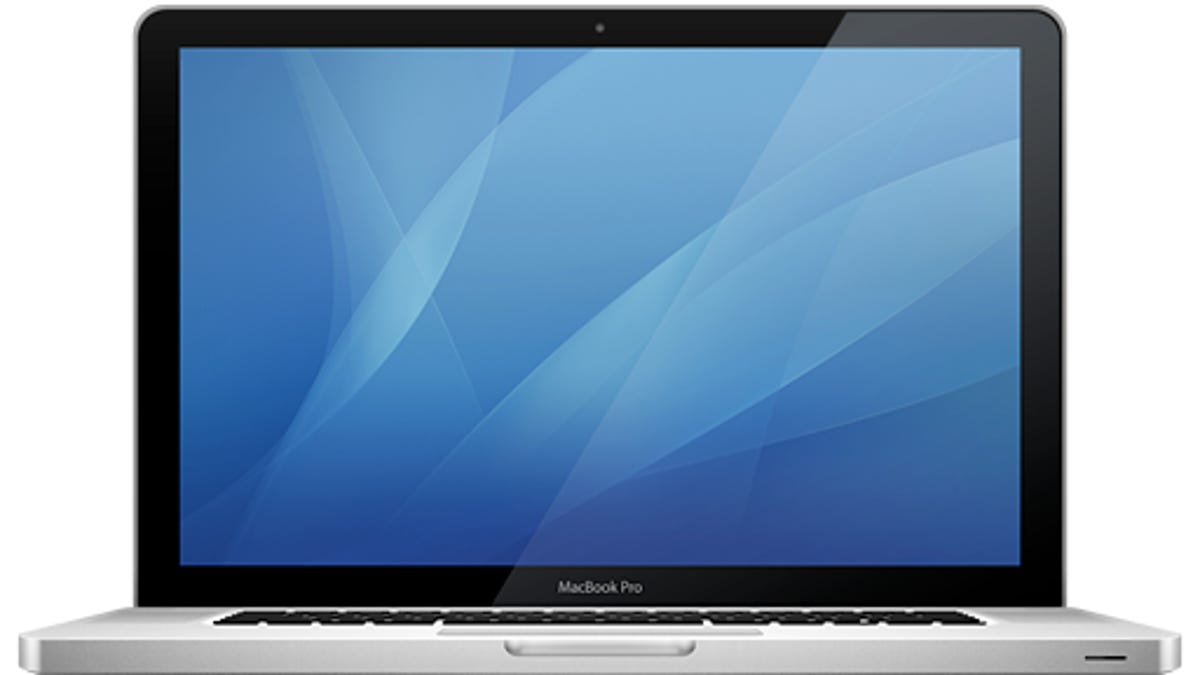Haswell MacBook Pro benchmarks show modest performance gains
Along with speed improvements, massive battery life improvements are expected.

At its WWDC, Apple introduced its upcoming lines of MacBook systems that use the next-generation Haswell processors from Intel. With these new CPUs, Intel not only offers significant boosts not only in performance, but also has focused on power efficiency.
Last month MacRumors reported Geekbench 2 benchmark results for the new 2013 MacBook Air, which show about a 4 to 7 percent increase in performance with the new chips. While not a significant jump in speed, this performance did come with a massive increase in battery life for the systems, which has been Apple's focus and selling point for the latest iterations of its laptop lineup.
Apple's use of Haswell processors and the energy efficiency offered will be migrating to the rest of its laptop systems, and recently a new Geekbench result for what appears to be a 2013 15-inch Retina MacBook Pro has surfaced, which shows some variance from the changes seen with the MacBook Air.
The benchmark, shows a system labeled "AAPLJ45,1" and running a prerelease build of OS X 10.9 Mavericks, running a new Intel Core i7-4950HQ CPU, as opposed to the prior generation which ran Core i7-3840QM processors. Overall, the new system running at 2.4GHz about matches the Geekbench score (~12000-12500 on average) of the prior generation running at 2.8GHz.
This shows an increase in performance gains of about 14 to 17 percent over the prior generation systems, which is more along the lines of expected gains from a new generation CPU.
While Apple seems to have clearly compensated a smaller performance gain in the MacBook Air for longer battery life, given the slightly greater performance gain in this benchmark result, it may be doing so to a lesser degree with the new MacBook Pro.
Currently the MacBook Pro is advertised with a 7-hour battery life, and while a jump to 12 hours might be a bit of a stretch, an increase to a level somewhere between 9 and 12 hours is certainly feasible.
Questions? Comments? Have a fix? Post them below or
e-mail us!
Be sure to check us out on Twitter and the CNET Mac forums.

